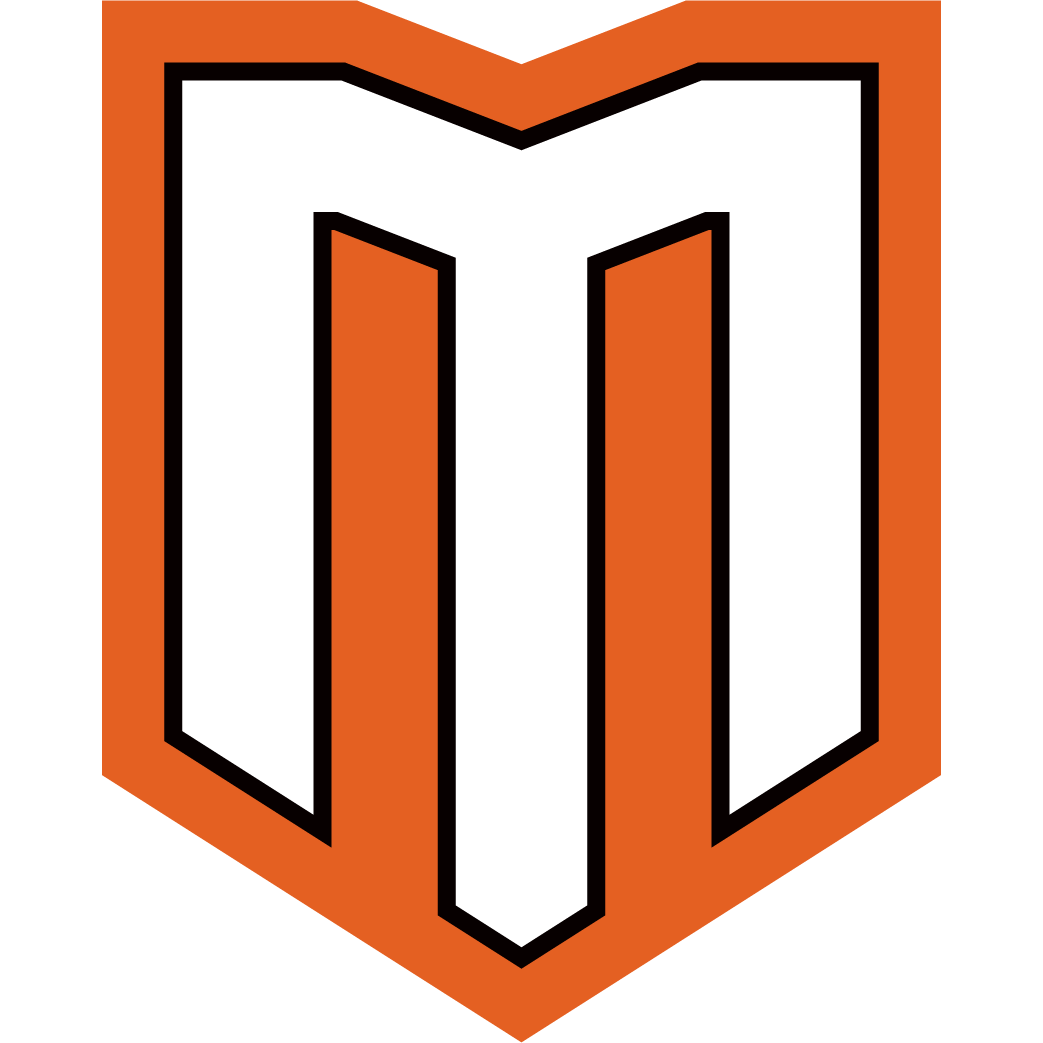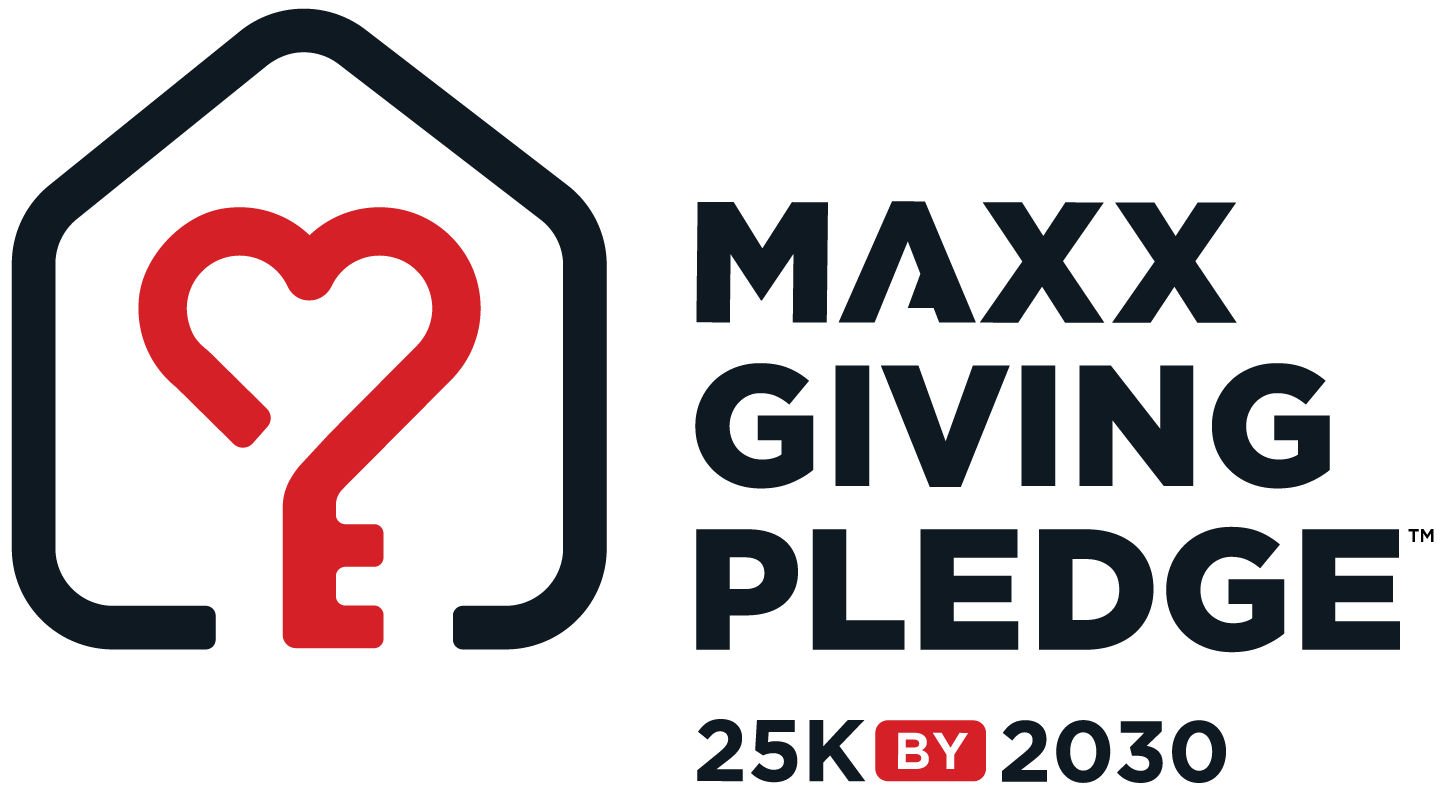
Commercial Roof Inspection Cost – What to Expect & How to Budget
Regular inspections are a cornerstone of effective commercial roof management. They are crucial for identifying potential issues early, preventing costly repairs, extending the lifespan of your roof, and protecting your business assets. However, many commercial property owners often wonder: How much does a commercial roof inspection cost? The answer varies, depending on several factors, but understanding the typical ranges and what influences them can help you budget effectively.
National average & range ($200–600+)
The cost of a commercial roof inspection can vary significantly based on the method, the complexity of the roof, and the region.
National Average: In 2025, a basic commercial roof inspection in the U.S. typically costs between $200 and $600. Some sources indicate a tighter range for standard commercial inspections from $300 to $500, with an average around $400.
Variable Pricing: The price can fluctuate widely, from as low as $150 for a very small, simple visual inspection to upwards of $1,000 or more for comprehensive, multi-method inspections on large or complex commercial properties.
It's important to remember that these are averages. Always get detailed quotes from multiple reputable commercial roofing contractors in your area.
Inspection types: Physical, drone, infrared
Commercial roof inspections utilize various methods, each with its own advantages and cost implications.
Physical (Visual) Inspection:
Cost Range: Typically $75–$200 for residential, but commercial often starts at $200–$400+ due to size and complexity.
Method: This is the most traditional approach, involving a qualified inspector physically walking the roof surface. They meticulously examine all visible components, including the membrane/panels, flashing, seams, drains, HVAC units, vents, and parapet walls.
Pros: Allows for hands-on assessment, tactile feedback, and direct observation of subtle issues like soft spots or loose fasteners that might be missed by remote methods.
Cons: Can be time-consuming, poses safety risks on steep or high roofs, and some areas may be inaccessible.
Drone Inspection:
Cost Range: Approximately $150–$400 (can be higher for very large or complex commercial roofs).
Method: Drones equipped with high-resolution cameras capture detailed images and videos of the roof from various angles. The inspector analyzes this footage from the ground.
Pros: Enhanced safety (no need for inspector to be on dangerous roofs), faster coverage of large or inaccessible areas, provides high-quality visual documentation.
Cons: Cannot provide tactile feedback, weather-dependent (drones cannot fly in high winds or heavy rain), and might not capture hidden issues beneath the surface.
Infrared (Thermal) Inspection:
Cost Range: Generally the most expensive, at $400–$600+, and often combined with drone technology.
Method: Uses thermal imaging cameras to detect temperature differences on the roof surface. Wet areas retain heat differently than dry areas (either hotter or cooler, depending on the conditions), allowing inspectors to identify hidden moisture intrusion within the roof assembly or insulation deficiencies.
Pros: Excellent for detecting hidden leaks, saturated insulation, and areas of heat loss/gain that are invisible to the naked eye. Crucial for assessing the overall health of a flat or low-slope membrane roof.
Cons: Requires specific environmental conditions (e.g., clear skies, specific time of day for temperature differentials), and is a more specialized service, increasing cost.
Often, a comprehensive commercial inspection will utilize a hybrid approach, combining physical inspection of accessible areas with drone and/or infrared technology for a complete and accurate assessment.
Factors influencing cost (size, material, accessibility)
Several key factors directly impact the final cost of a commercial roof inspection:
Roof Size and Complexity:
Larger Roofs: The most significant factor. Larger square footage directly translates to more time, labor, and potentially more advanced equipment needed for a thorough inspection.
Complex Designs: Roofs with multiple sections, varying slopes, numerous penetrations (HVAC units, skylights, vents), parapet walls, or intricate drainage systems require more meticulous inspection and thus cost more.
Roof Material Type:
Some materials require specialized knowledge or more time to inspect. For instance, inspecting a large metal standing seam roof might differ in cost from a vast TPO membrane roof or a gravel-surfaced built-up roof. Certain materials like slate or tile might also have specific inspection considerations.
Accessibility:
Ease of Access: Easily accessible roofs (e.g., low-height, flat, with safe access points) will be less expensive to inspect.
Challenges: Roofs that are very high, extremely steep, have limited access points, or require specialized safety equipment (e.g., scaffolding, lifts) will incur higher costs due to increased labor time and safety precautions. This is where drone inspections can sometimes reduce costs compared to a full physical inspection.
Type of Inspection: As detailed above, physical, drone, and infrared inspections have different price points, with comprehensive or hybrid inspections being the most expensive.
Scope of Inspection: A basic visual assessment will cost less than a comprehensive inspection that includes moisture surveys, structural assessments, and detailed documentation.
Location: Geographic location influences labor rates and regional market conditions, which can cause cost variations.
Urgency: Emergency or expedited inspections outside of normal business hours may incur additional fees.
Additional Services: Some inspections may include an attic check (if accessible and relevant), a roof certification letter, or a preliminary repair estimate as part of the service, which might influence the quoted price.
What’s included in inspection reports
A professional commercial roof inspection should culminate in a detailed, actionable report that provides a clear picture of your roof's condition. While specifics may vary, a comprehensive report typically includes:
Executive Summary: A concise overview of the roof's overall condition, key findings, and immediate recommendations.
Detailed Findings and Observations:
Roof System Components: Assessment of the main roofing material (membrane, panels, shingles), flashing, seams, fasteners, drains, gutters, parapet walls, and edge details.
Condition Assessment: Identification of specific issues such as:
Cracks, punctures, tears, blisters, or delamination.
Areas of ponding water or poor drainage.
Signs of corrosion, rust, or deterioration.
Loose or missing fasteners/components.
Damage to flashing around penetrations (HVAC, vents, skylights, chimneys).
Granule loss on asphalt-based roofs.
Vegetation growth (algae, moss, weeds).
Damage from foot traffic or debris.
Structural Elements (where visible/accessible): Observations of the roof deck, supports, and any signs of sagging, rot, or structural wear.
Interior Observations (if applicable): Any signs of leaks, water stains, or moisture inside the building that relate to the roof.
Photographic Evidence: High-resolution photos and/or drone footage clearly illustrating all identified issues, pinpointing their exact location on the roof.
Moisture Survey Results (if applicable): Data and thermal images from infrared scans indicating areas of trapped moisture.
Recommendations: Clear, prioritized recommendations for necessary repairs, maintenance tasks, or potential replacement. This often includes:
Urgent repairs needed immediately to prevent further damage.
Routine maintenance suggestions.
Long-term planning advice (e.g., when a full replacement might be necessary).
Estimated Costs: Often, the report will include preliminary estimates for recommended repairs or a budget estimate for future replacement.
Roof Diagram/Map: A visual layout of the roof with numbered or marked areas corresponding to the inspection findings.
Choosing a trustworthy commercial inspector
Selecting the right commercial roof inspector is paramount to getting a valuable and accurate assessment.
Look for Commercial Roofing Specialization: While some companies do both residential and commercial, prioritize those with proven experience in commercial roofing systems, as they are often more complex and require different expertise.
Verify Licensing and Insurance: Ensure the company is fully licensed to operate in your state or locality and carries adequate General Liability and Workers' Compensation insurance. Request current certificates of insurance directly from their insurer.
Check Experience and Track Record:
Inquire about their years in business and their specific experience with your type of commercial roof material and system.
Ask for references from commercial property owners they have served.
Check online reviews on platforms like Google Business Profile, the Better Business Bureau (BBB), and industry-specific forums.
Manufacturer Certifications: For specific roofing systems (e.g., TPO, EPDM, certain metal roofs), ask if they hold certifications from the material manufacturers. This indicates specialized training and adherence to best practices.
Understand Their Inspection Process and Technology: Ask what methods they use (physical, drone, infrared) and why they choose specific approaches for your roof. Ensure they utilize modern tools for thoroughness.
Review Sample Reports: Ask to see a sample commercial roof inspection report to understand the level of detail and clarity you can expect.
Get Multiple Quotes: Obtain detailed, written estimates from at least three different reputable contractors. Compare not just the price, but also the scope of work, what's included in the report, and the proposed timelines.
Clear Communication: Choose a company that communicates clearly, answers your questions thoroughly, and is responsive to your inquiries.
Safety Focus: A professional inspector will demonstrate a strong commitment to safety during the inspection process.
A proactive approach to commercial roof maintenance, starting with regular, professional inspections, is the best way to safeguard your property and budget. The cost of an inspection is a small investment that can prevent much larger expenses down the road.
Ready to ensure the health and longevity of your commercial roof? Contact Masterpiece Roofing today for a comprehensive commercial roof inspection and expert recommendations tailored to your property's needs.
Office: 1248 Highland St, Holliston, 01746 MA
(508) 882-6080
Email: office@buttonmasterpieceroof.com
Site: www.masterpieceroof.com
Assistance Hours
Mon – Fri 8:00am – 4:00pm

